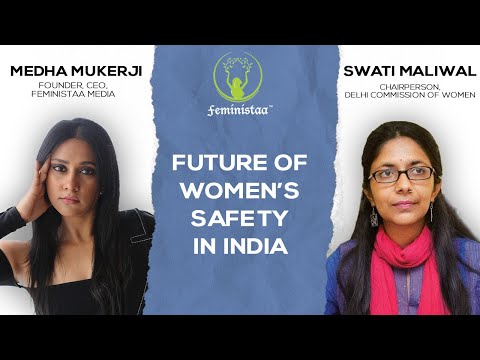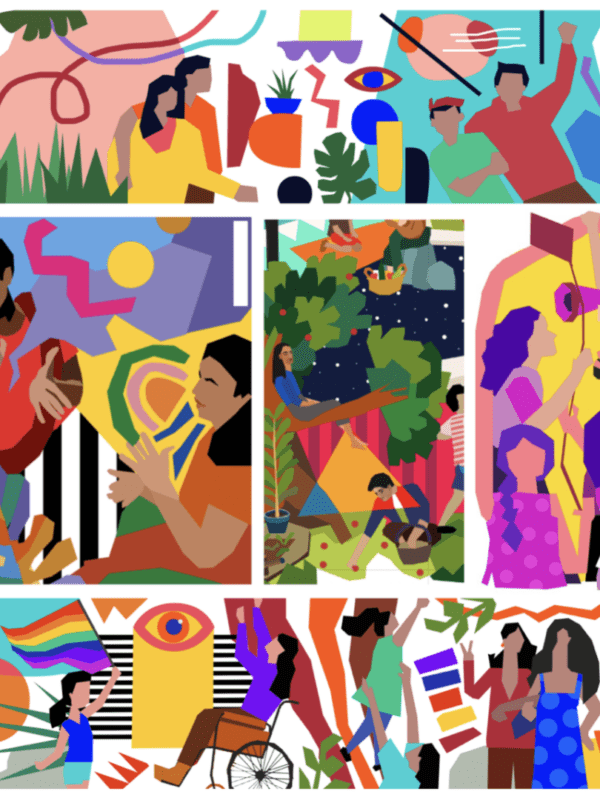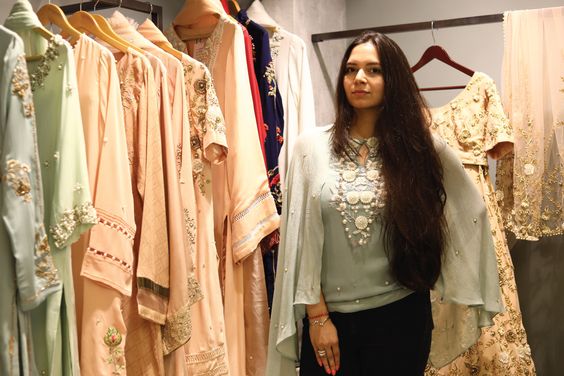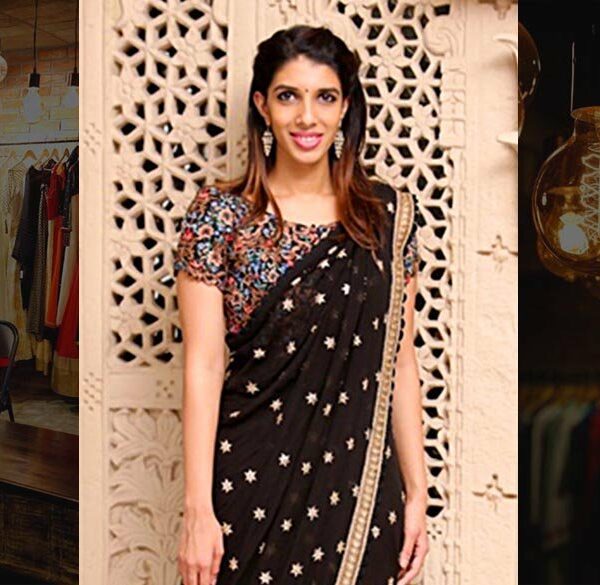In today’s world, a person is nothing but a lab rat to the marketing activities of thousands of companies selling anything and everything; from tangible goods to intangible experiences. Our first identity in this capitalist world has become that of a consumer. And we are living with it like a pro!
The giants selling fast-food and fast-fashion are attracting us to their lucrative offers, exciting sales, exhilarating displays and we are flowing with them like a leaf in the stream.
However, we forget that everything that we purchase has a direct impact on not just our pockets but the ecosystem at large. It is not a hidden fact that our purchase patterns have made most industries to produce more thus exploit more resources and eventually having a toxic impact on the environment. We are witnessing the ice caps melting, and the sea levels rising. Yet, we are not ready to accept our own faulty behaviour.
Mindful Consumerism: What the World Needs
Mahatma Gandhi had once rightfully said that there is enough for everybody’s need but not for anybody’s greed. And this stands even truer today with improving economies, greater disposable incomes, and access to the world of experimentation at easy prices has transformed the consumer into an aspirational entity to be leveraged by big business houses.
At a recent panel discussion on sustainable fashion organised by Vajor at 1AQ in Mehrauli, Mansi Shah of Hemp Fabric Lab stated that people are so aspirational these days that they forget the actual costs at which their lifestyle preferences are being made.
Mansi further vouched for the idea of mindful consumerism where people are aware of the purchases that they are making.
“As a consumer, you should research before you make a purchase. Read everything about it (the product) because the more you read, the more you learn; and the more it gets into your subconscious, the more you are able to practice it.”
Rajesh Jain, who has been working in the textile and fashion industry for the past many decades helping ethical businesses with a sustainable outlook to grow, noted that Indian society had been minimalist in its approach towards purchases even just 50 years back. They bought only what they needed the most. And it is high time that they go back to being the same need-centric consumers than over-indulging in shopping.
“I don’t call it minimalism, I call it essentialism. We can lead a life like we used to do earlier. With Indians, it comes naturally. It is just the acceptance that we need.” he quipped.
Kriti Lulla of Doodlage, sharing her personal experience, revealed that she started her journey of being a mindful consumer as a hobby. And with it, she has not only turned to veganism but has refrained from adding a single new cloth to her wardrobe for the past six years.
She agreed that a change in lifestyle is not something that comes overnight but insisted the consumers be aware of what their needs are and what are the things they can easily do away with.
Linda Lee of Vajor beautifully added to the thoughts of other speakers as she defined mindfulness saying, “Mindfulness is taking a step back, thinking about the action that you are planning to carry and ask yourself do you need to do it.”
As consumers, we will need to ask ourselves if we really need to invest in yet another piece of clothing or eat out because what initially is just an expense of money from our end will soon come back as a threat to the whole human civilisation in the form of climate change.












